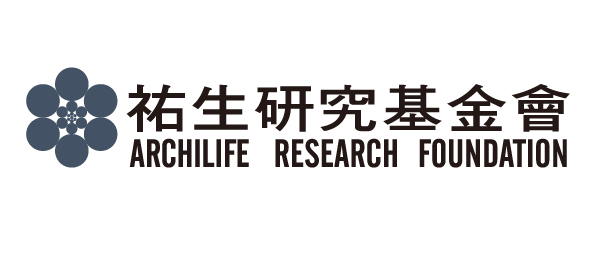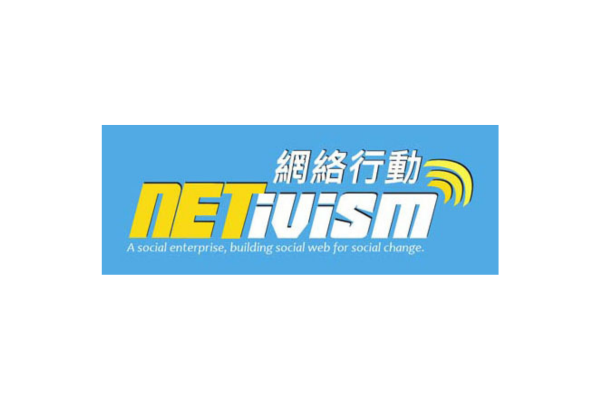2020 Annual Report | Open Culture Foundation
In 2020, OCF has supported 34 projects initiated by communities.
The Origin of Open Culture
The idea of open culture was born from the open source movement. The movement advocates that the source code of software should be open and allow people to access freely. As the movement moves forward, its spirit of openness, transparency, and accessibility have been applied to formations of file formats, digitalization of various kinds of data, and work processes of industries and organizations.
We believe openness makes the world better.
We strive to establish the foundation of open source culture.
We value the culture and development of open source and technology communities.
Learn more about open culture


Assistance to Communities
Open Culture Foundation (OCF) was founded with the support of many open source and technology communities. Therefore, since its founding, OCF’s most important mission is to serve as a stable fiscal sponsor to projects initiated by open source and technology communities. By doing so, OCF is able to provide stable and systematic administrative and fiscal support to various open source and technology communities.
In 2020, OCF has supported 34 projects initiated by communities. Through fiscal sponsorship, OCF is able to support open and technology communities without legal entity status, facilitate their growth, and make them influential.
Rather than becoming an organization initiating massive and various tasks, OCF expects itself to focus on establishing a healthy environment that connects more communities to care about issues or causes and start more projects.
In 2020, nine new communities have started their cooperation with OCF, which is an important force to move Taiwan’s open source ecosystem forward in this year of challenge.

Running a community requires a lot of work, including hiring, contracts, tax, and dealing with accounting and fiscal affairs. Most of the community members are students or employees at the same time, so the above work could be a huge burden. Moreover, some parts of the work can’t be done without a legal entity. Addressing this problem, OCF is here to assist communities in administrative works.
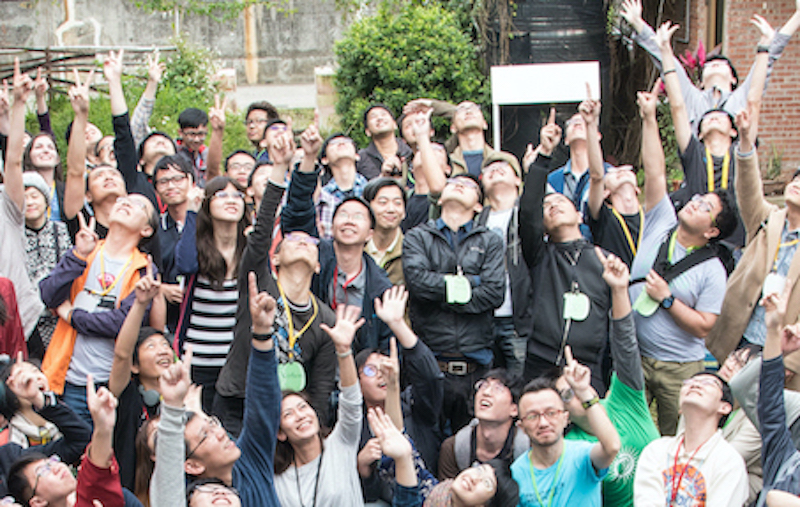
OCF has initiated the OSCVPass, enabling open source contributors to get their admission tickets to attend open source related conference in Taiwan through a one time application. By applying for OSCVPass, open source contributors can acquire various discount admission tickets or benefits of open source related conferences and events. In 2020, there were 212 applicants, and 168 of them have been accepted and granted benefits by SITCON, COSCUP, MOPCON, g0v Summit.
Picture on the left:AW-75068, COSCUP on Flickr, CC BY-SA

Advocacy through Connecting Various Networks
In today’s digital era, all kinds of issues in human society are relevant to application of technology.
Through long-term partnership with technology communities and cooperation with civil society organizations on advocacy,
OCF expects itself to become a bridge and platform connecting civil society organizations, technology communities, and government apparatuses in Taiwan and abroad.
By doing so, OCF is able to enable more people to apply the spirit and mechanism of open source and openness to their disciplines, and help civil society to harness technology tools in this ever-changing digital era.
The concept of freedom and open source is applied everywhere in our daily life. That’s why OCF has held 20 series events to update the general public on new trends of open source. Topics of these events included the ABCs of open source, open source compliance management, methods to sustain an open source community, applications of open source in 5G telecommunications projects, and various subjects on open source. These events have attracted more than 800 participants in total.
Picture on the left:JRY_0569, COSCUP on Flickr, CC BY-SA
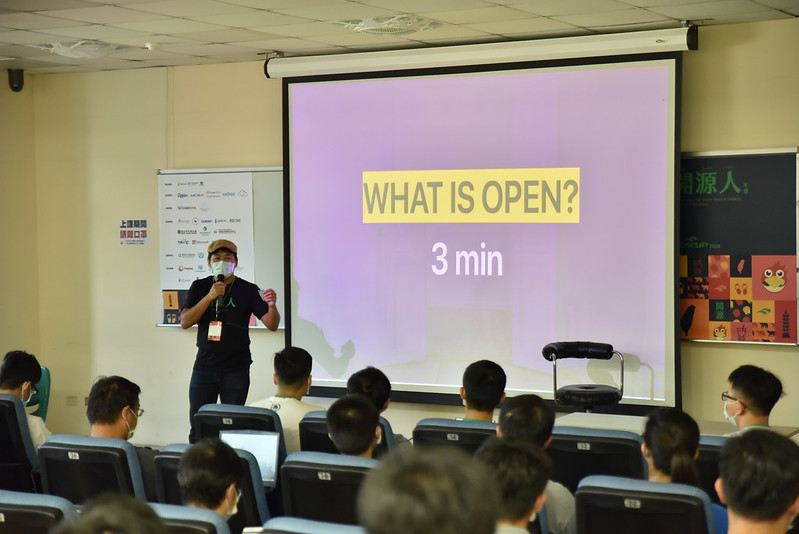
Digital technology has been penetrating our society and made our lives easier. However, concerns about personal data breaches, infringement of privacy, manipulation of public opinion, and the spread of infodemic are growing as our use of digital technology is increasing. Addressing this challenge, OCF strives to advance internet freedom through advocacy, gatherings, connecting international and domestic communities, and various approaches that can raise people’s awareness.
Picture on the right:民主意象, Studio Incendo, CC BY 2.0
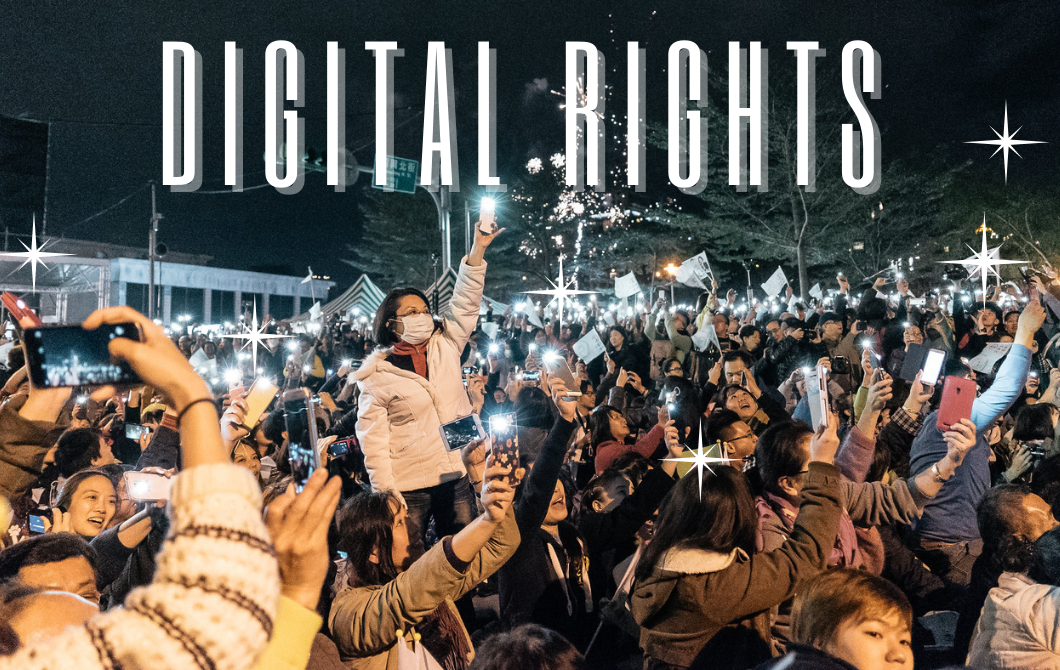
In 2020, Taiwan’s Executive Yuan and Legislative Yuan have respectively initiated the Open Government National Action Plan and the Open Parliament Action Plan according to international standards on Open Government. OCF joined this initiative as a partner in civil society, holding Open Government workshops in cooperation with the government. Through these workshops, OCF and government representatives have shared the goal and international practices of open government with about 100 in-person and more than 1,000 online attendees. Also, OCF has served as one of civil society members for the first Open Parliament Committee, and thus will practically participate in the formation of Open Parliament Action Plan.


Advocating Open Culture
What is open culture? People always ask this question when they know OCF for their first time.
Open culture is about how to make “open” as a kind of culture that inspires and accelerates exchanges of ideas between different communities and disciplines. For instance, governments and civil society will be able to find the model of exchange and collaboration when open culture is shared in these two different communities. With the help of technology, they can broaden their copperations in more areas, such as source code and data.
OCF strives to let more people learn the importance of open culture - it makes human achievements shared by all human beings instead of being controlled by a specific group under this ever-changing digital era.
OCF also aims to help people to understand what “open technology” is, and thereby realizing what impact human beings will encounter when technology is inaccessible and closed. Based on that, OCF can encounrage people to imagine what a free and shared digtial technology environment could be like.
OCF Lab is a platform that encourages knowledge exchange between organizations in different disciplines and communities in Taiwan and abroad through interpreting new knowledge, collecting information, and making brief case studies.
OCF Lab focuses on open culture, open technology, digital human rights, internet freedom and other relevant issues. In 2020, the Lab published 42 weekly digests and 72 English and Manderin articles. 25 among the 72 articles were also edited and published as columns on many online media websites.
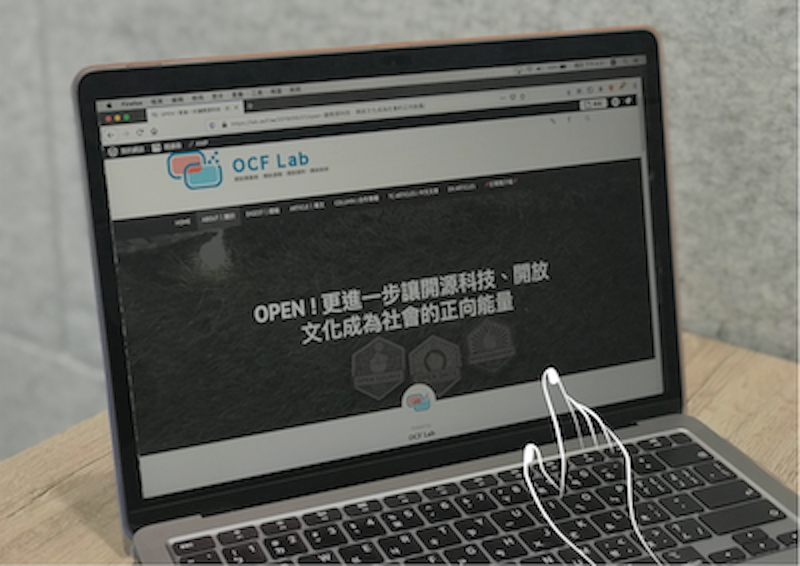

To know and support more about Open Culture, download here.
Photo:OMH_3364, COSCUP on Flickr, CC BY-SA
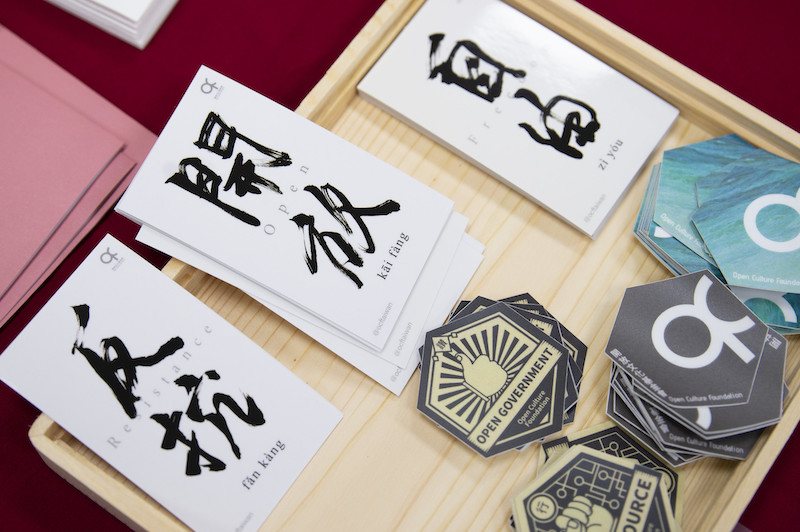
2020 OCF Annual Income
OCF Projects NT$ 11,132,422
Community Projects NT$ 28,669,188
Total NT$ 39,801,610
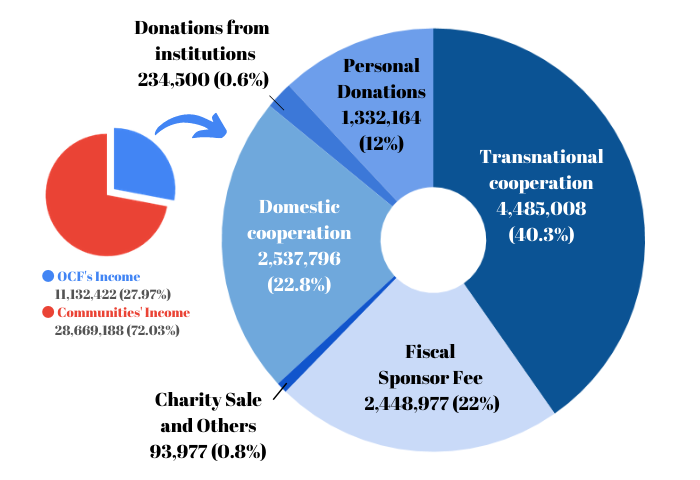
2020 OCF Annual Spending
OCF Projects NT$ 11,243,652
Community Projects NT$ 26,702,875
Total NT$ 37,946,527
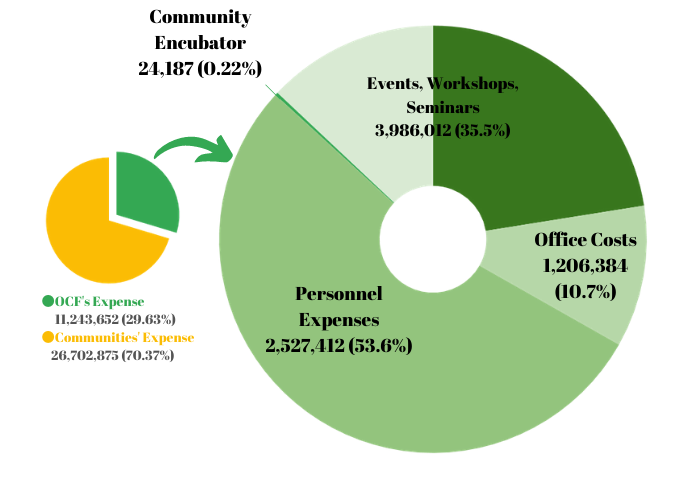
Board members:Pofeng, honki, Bob Chao, clkao, kc chen.
Volunteers:ETBlue, ipa, isabel, Lucien, marr, miaoski, Muka, yayared.
Staff:Singing, Rock, Lulu, Aiya, Rosa, Xini, Claire, kting, TC, huangfu, leaf, 小知.
Sponsors
We appreciate Archlife Research Foundation’s support in all our projects and events, and our individual donors.
